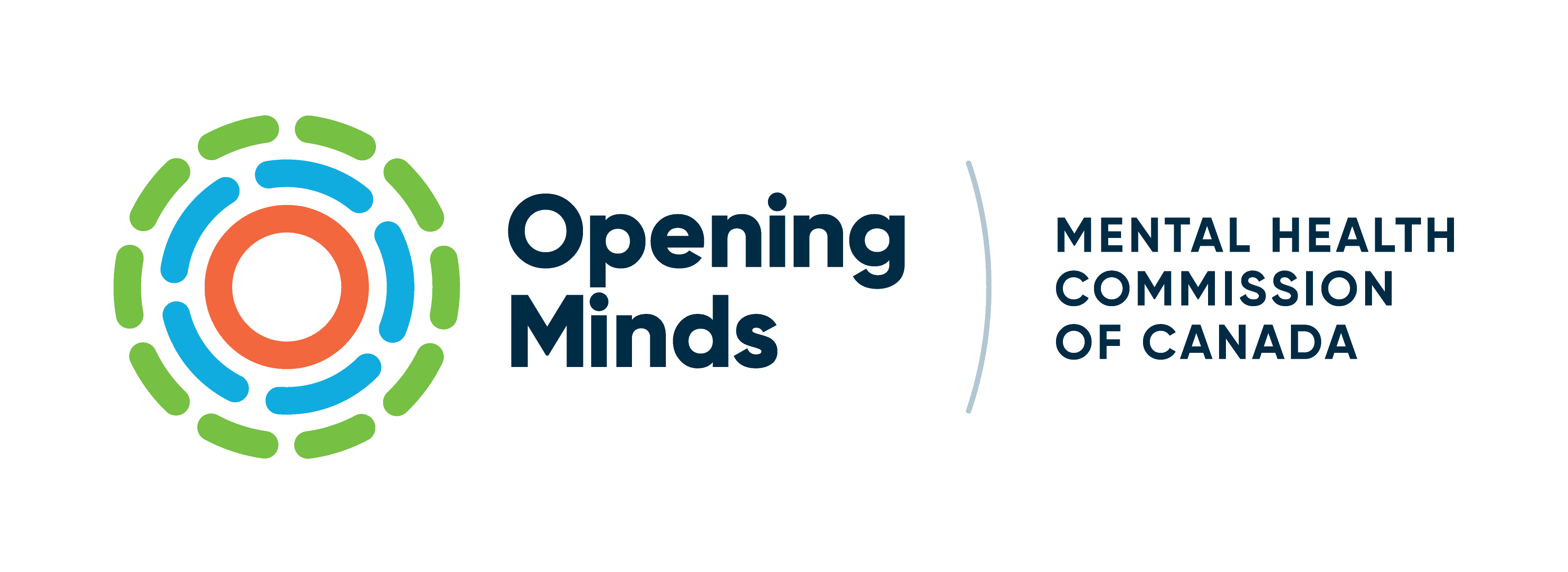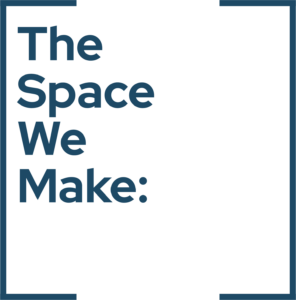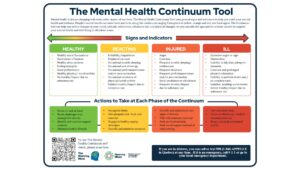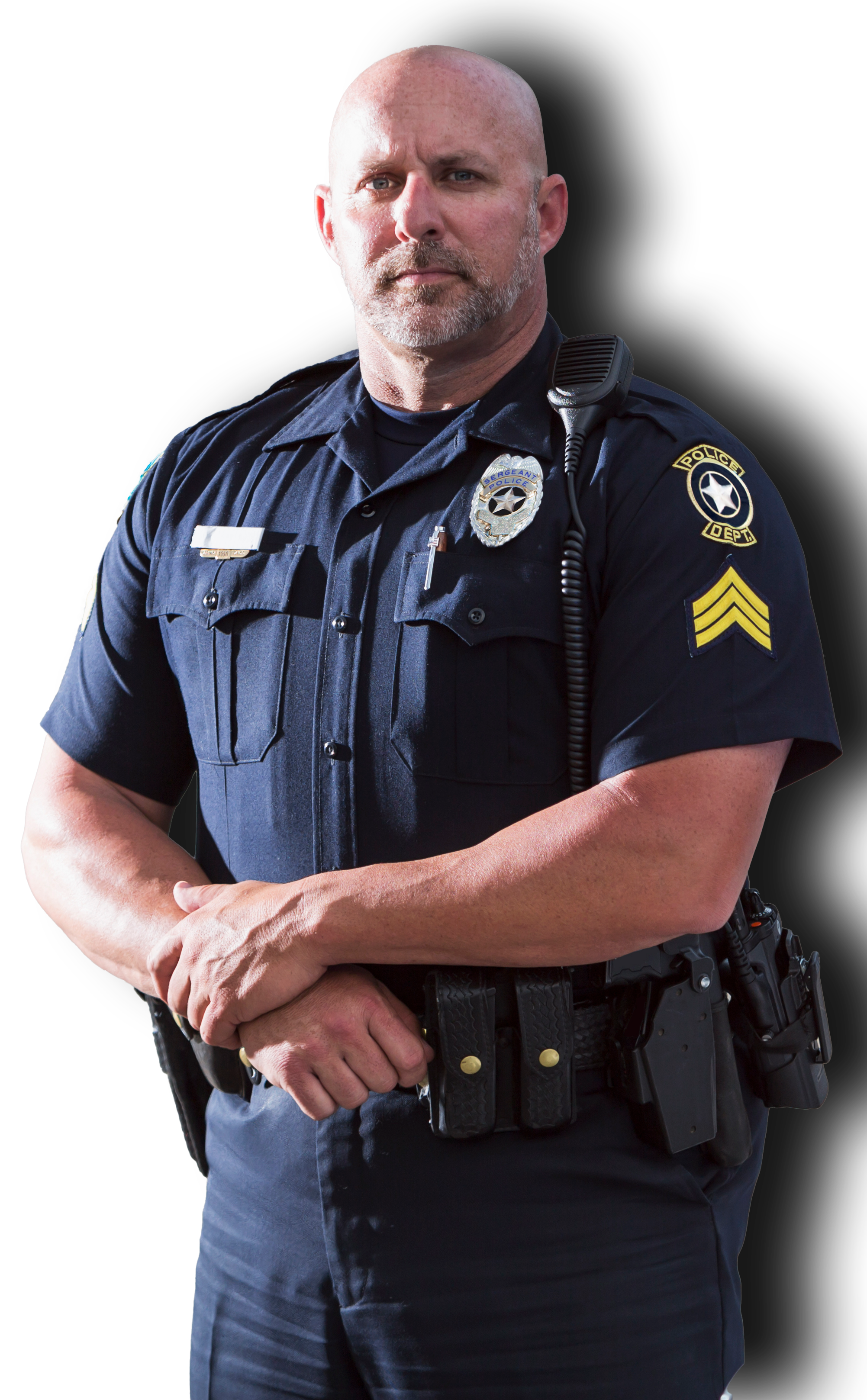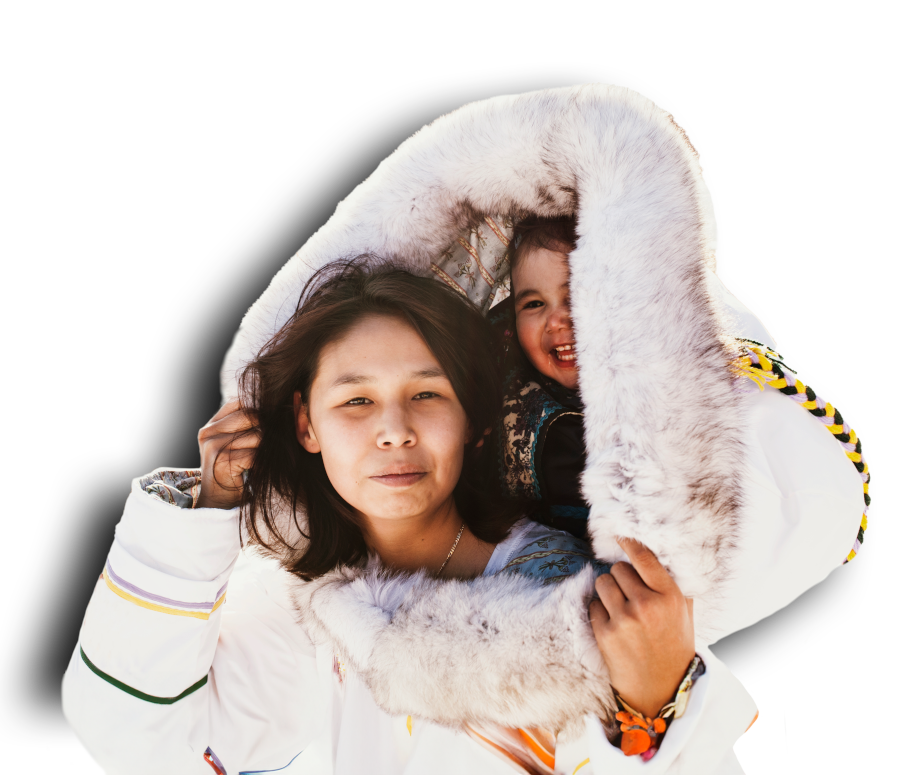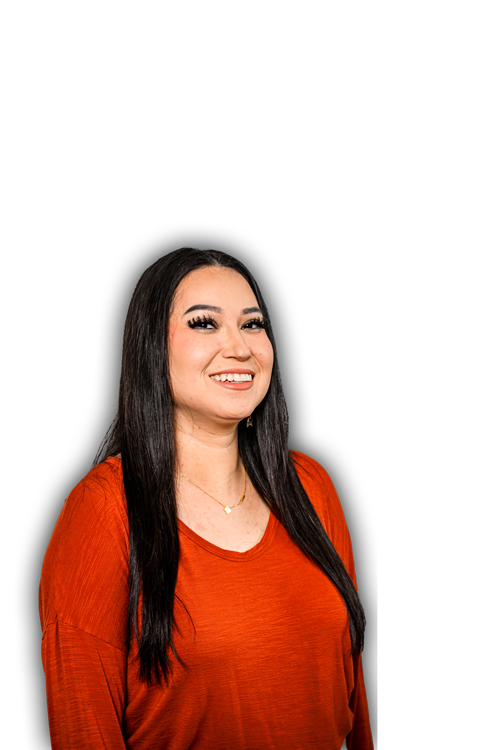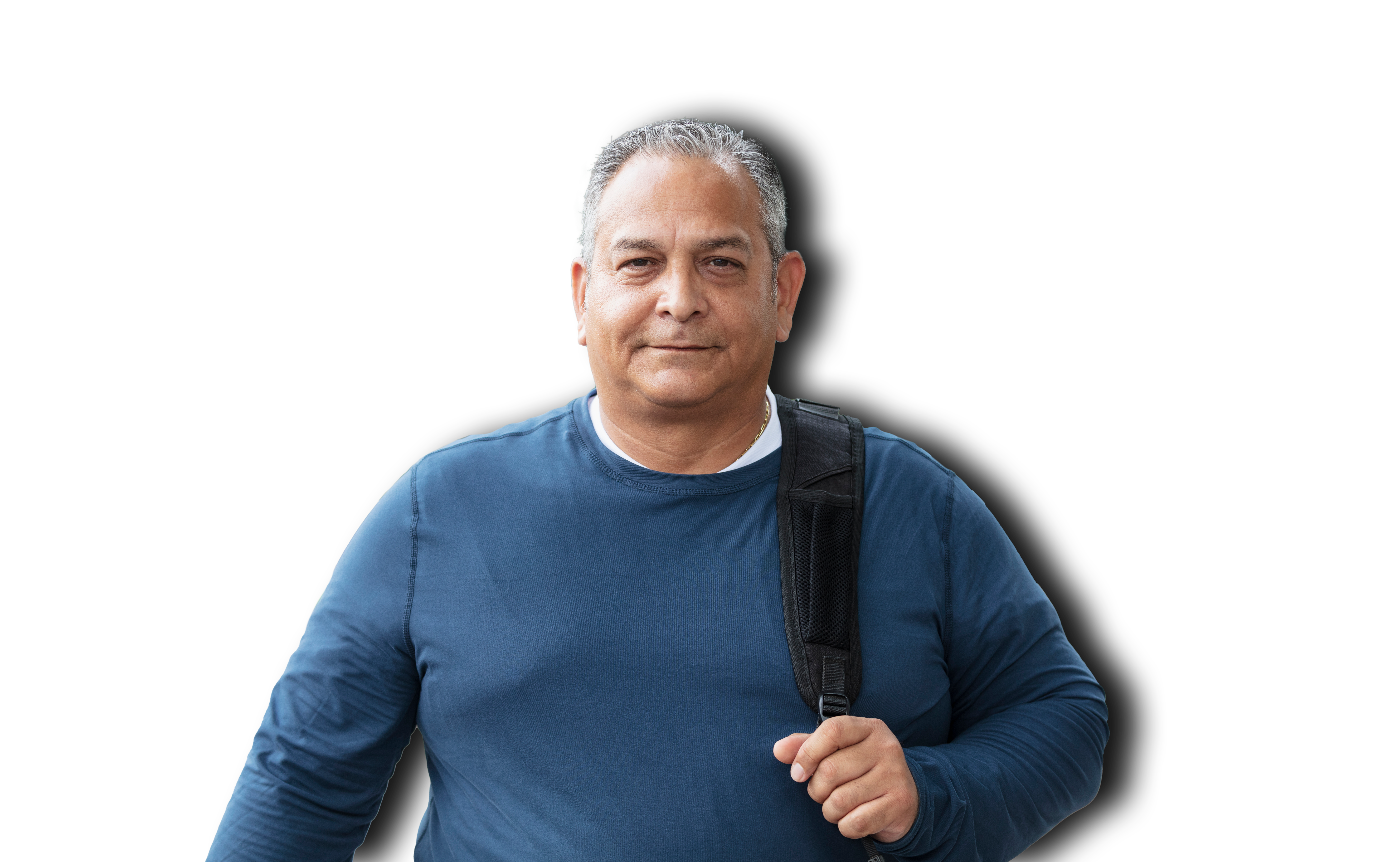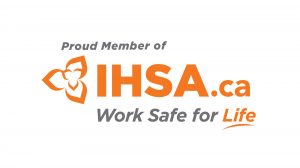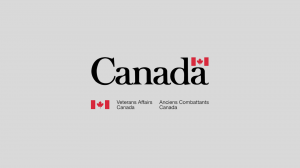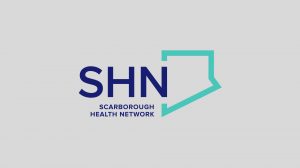
MHFA: Supporting Youth
Empower youth mental wellness
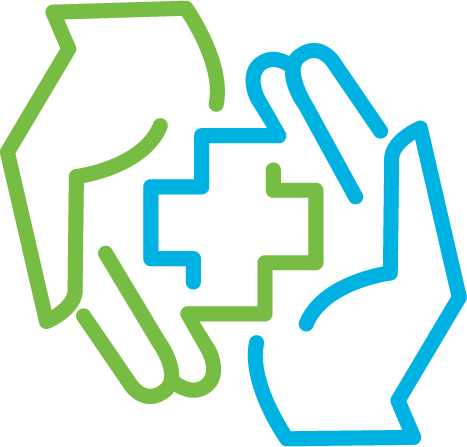
Help young people navigate mental health challenges with understanding and support.
This course was developed with input from educators, caregivers, and mental health experts to meet the unique needs of youth aged 12-24. It offers practical tools to help adults recognize when a young person may be struggling and provides guidance on how to offer meaningful support. By focusing on the challenges and pressures faced by youth today, the program empowers participants to foster understanding, build trust, and promote resilience in the young people they care for.
Who is it for? Suited for parents, guardians, educators, coaches, and youth workers.
As a Mental Health First Aider, you will learn:
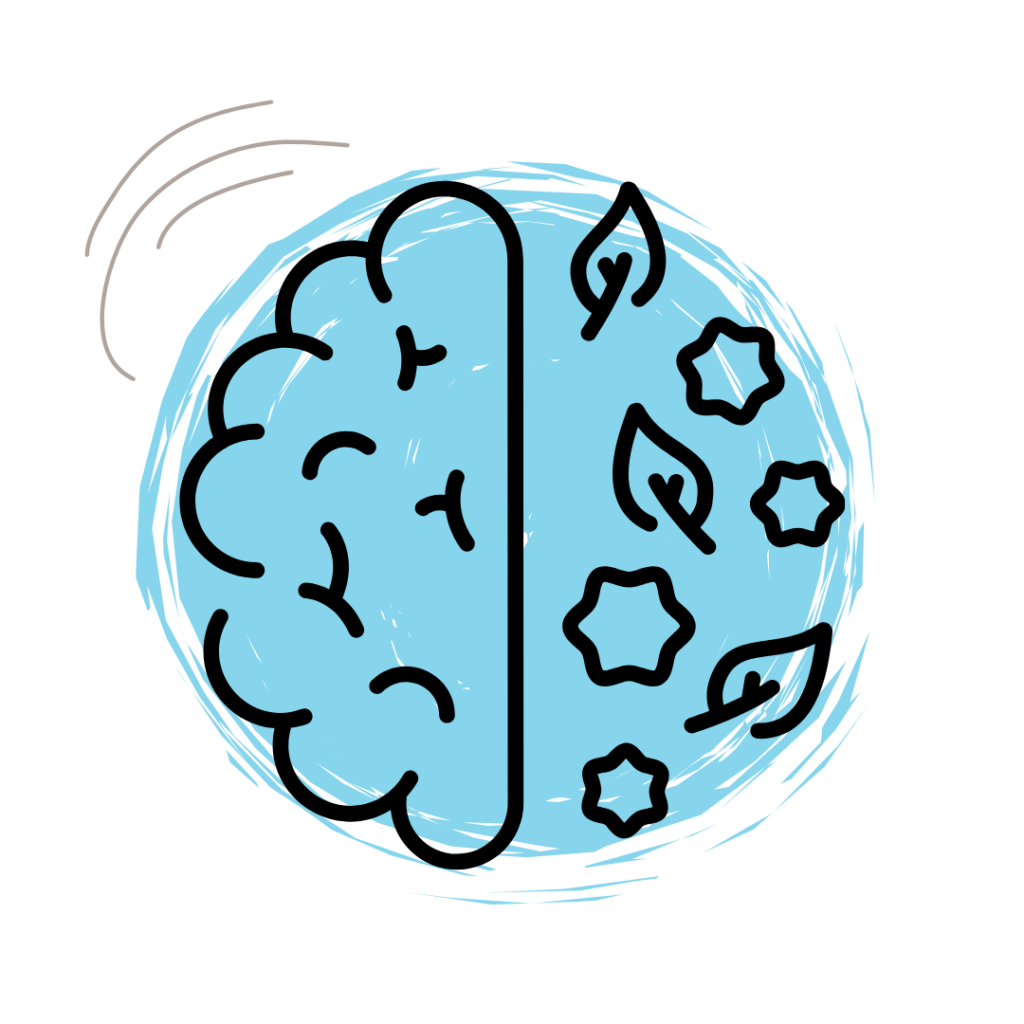
Recognize signs
that a young person may be experiencing a decline in their mental well-being or a mental health or substance use crisis
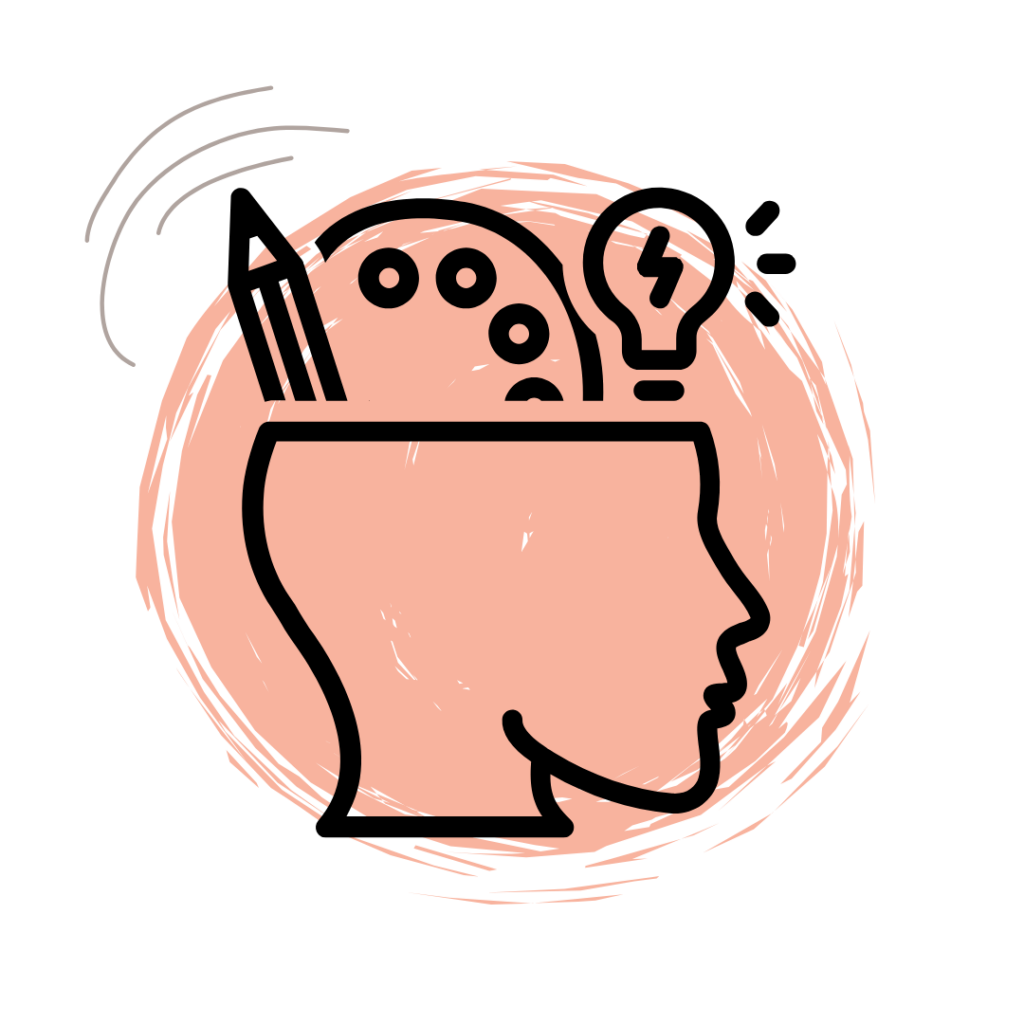
Discuss Support
Discuss professional and other supports that could help with recovery to improved mental well-being
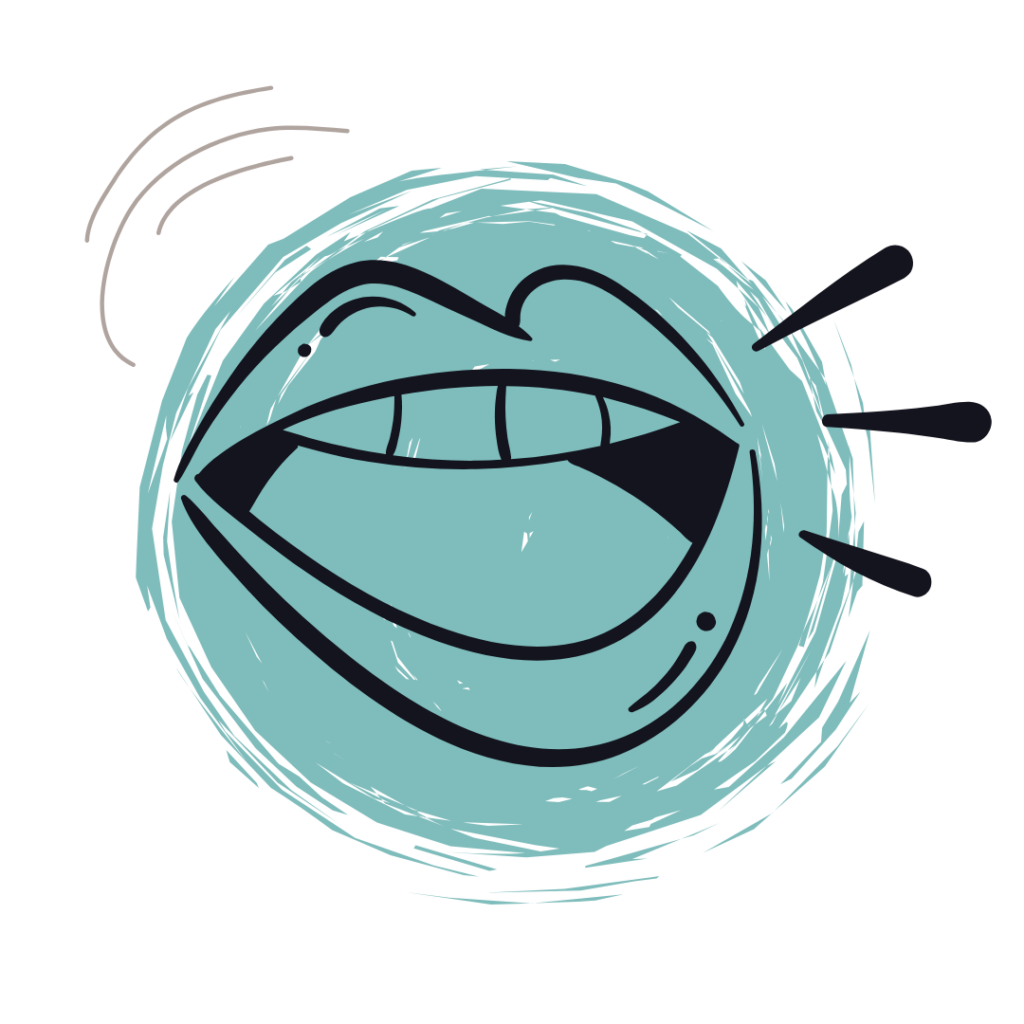
Initiate Conversations
that encourage a young person to talk about a mental health or substance use problem
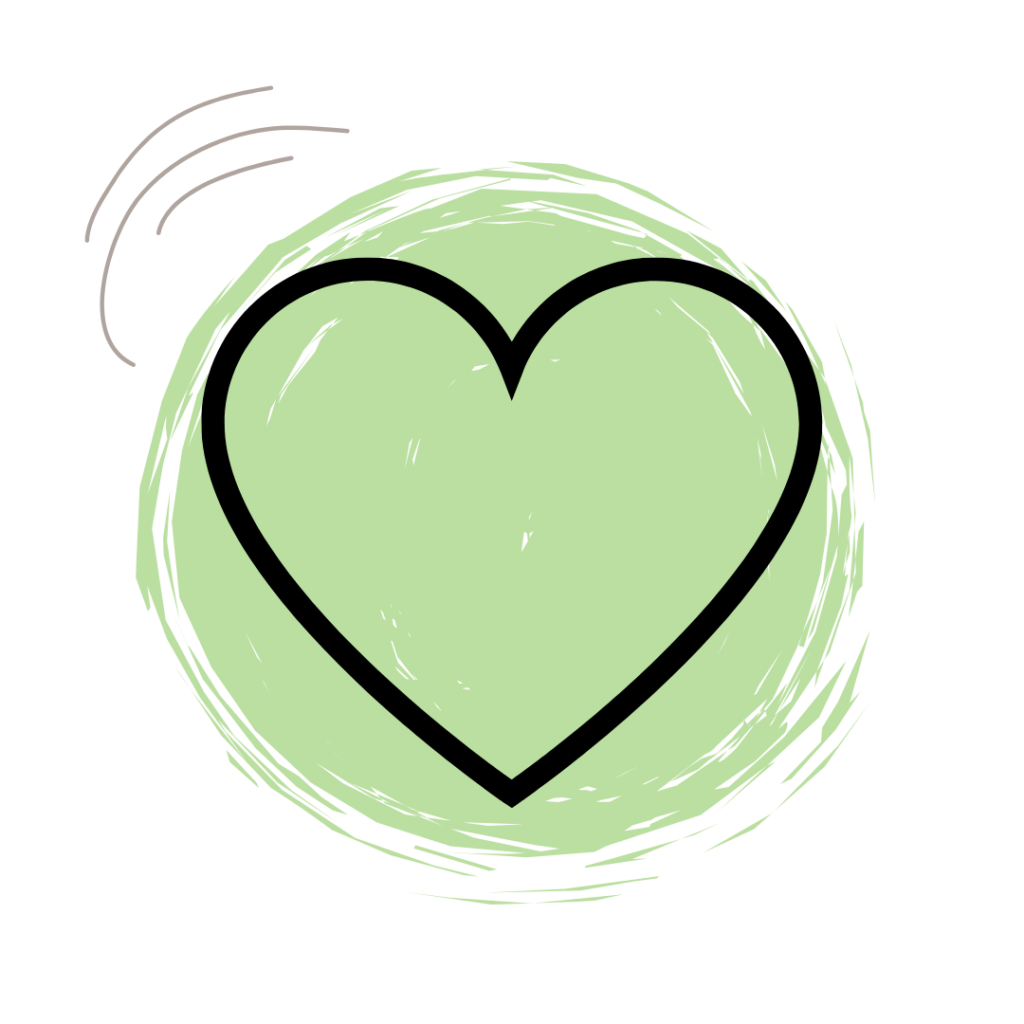
Assist
In a mental health or substance use crisis situation
Course structured for impact
This 10-hour course opens with a self-directed module (Module 1) that focuses on the information and strategies that participants will discuss and practise throughout the virtual classroom modules (Modules 2 and 3). Upon registration, participants receive a link to the “MHFA Reference Guide” that outlines MHFA actions for developing mental health and substance use problems, and mental health crises.
Module 1
Self-Directed (2 Hours):
Introduction to MHFA • Introduction to MHFA Actions – ALGEES • The role of a first aider • Key knowledge, attitudes, and behaviours • Impact of stigma on mental well-being • The range of changes that may indicate a decline in mental well-being • Risk factors and protective factors that influence mental well-being • Activity: Use the information in this module to create a Persona of a young person you are likely to encounter
Module 2
Live Classroom (4 hours):
MHFA for Declining Mental Well-Being • Assessing the situation
• Communicating respectfully (includes communicating with people from diverse cultures and with members of the 2SLGBTQ+ community) • Case studies • Review activity: Use what you have learned to support the Persona created in Module 1 Module
Module 3
Live Classroom (4 hours):
MHFA for Mental Health and Substance Use Crisis Situations
• Responding to possible challenges
• Recognizing possible signs of a crisis
• MHFA actions in a crisis • Case studies • Using MHFA actions (ALGEES) for your own self-care
Learn how to use ALGES
ALGES is a simple, and essential Action Plan that helps a Mental Health First Aider provide support until professional help is available.
- Approach the person, assess, and assist with any crisis
- Listen and communicate non-judgmentally
- Give reassurance and information
- Encourage the person to reach out to supports
- Self-care for the first aider
Flexible learning options to meet your needs
- Virtual Classes: Facilitated on-line session for 8 to 15 participants
- In-Person Classes: Facilitated session for 8 to 25 participants
Mental Health First Aid Training Options
When training reflects real experiences from a community, the impact becomes even more meaningful. In addition to MHFA Standard, we offer a suite of tailored MHFA courses.
Become a Certified MHFA Facilitator
The Facilitator Certification Training is designed for people who want to offer the MHFA course in the communities, workplaces or organizations. As a Certified MHFA facilitator you will join the Opening Minds Facilitator Community that is over 1000 people strong across Canada.
